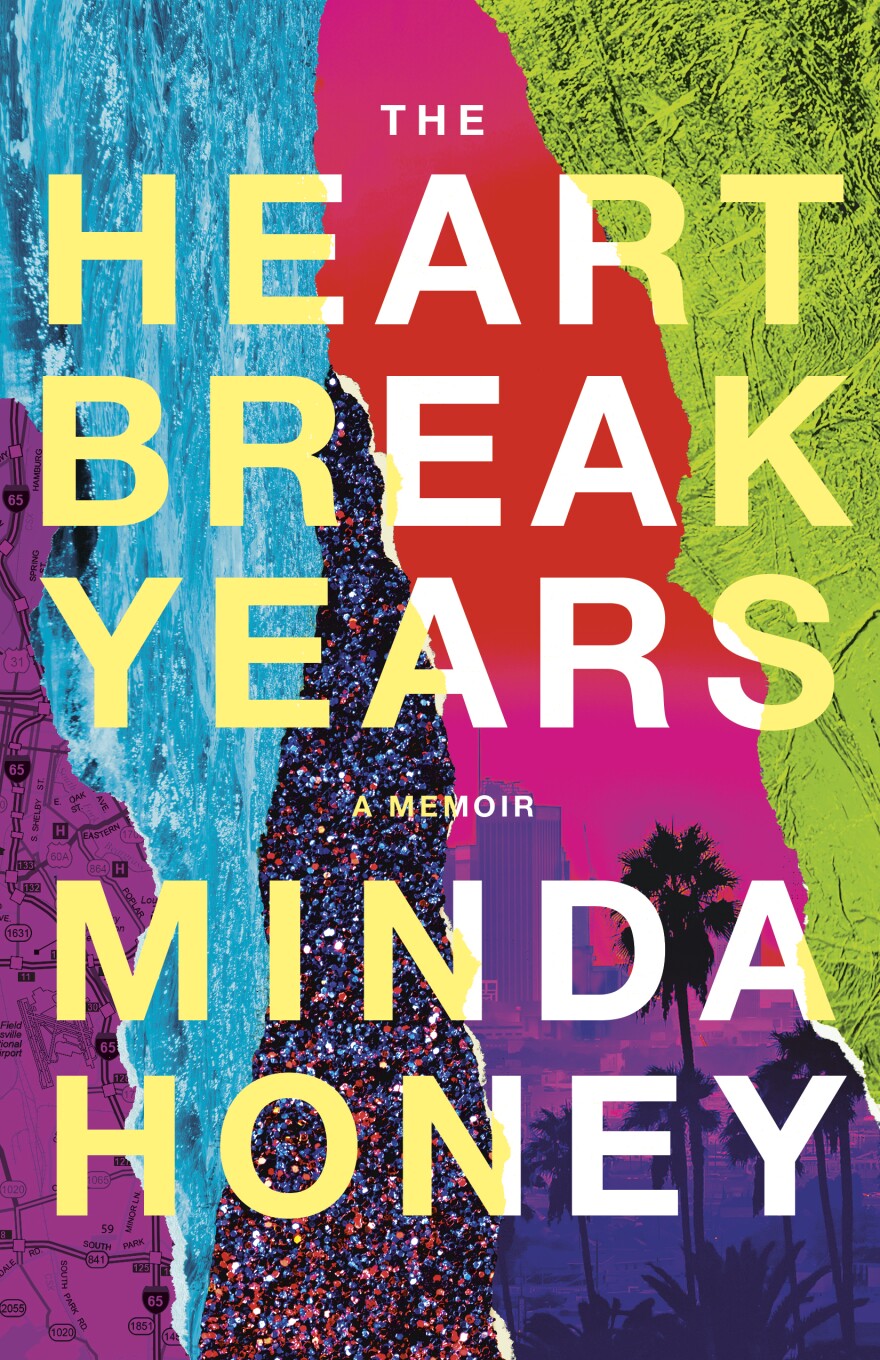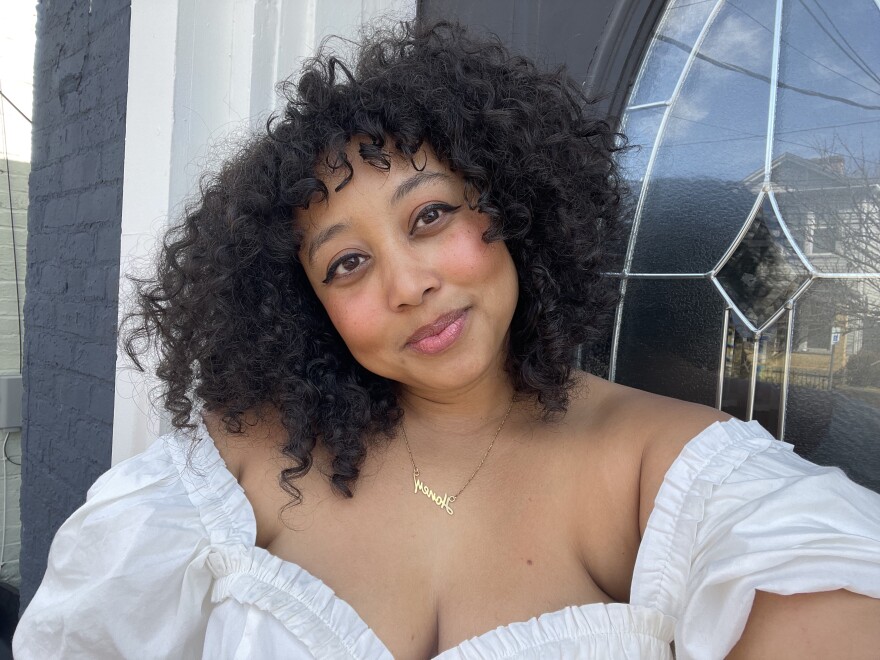Honey spoke to LPM arts and culture reporter Breya Jones about the memoir.
This interview has been edited for clarity.
Breya Jones: I really like the use of love as a thread throughout the book. What made you decide to center the book around heartbreak?
Minda Honey: Maybe it's just like the Black, Kentucky feminist writer in me, you know, bell hooks wrote “All About Love.” I just think as Black women, because we are denied love so frequently, are taught that we're unworthy of love, it does become this kind of it does become like, a fixation of sorts.
I was born in ‘85. So I'm part of that generation of kids who grew up with divorced parents and a lot of ways love and relationships are what were taught, provide stability. So it was really because of my childhood, something that I was seeking [love] out as an adult, that's something that I felt like I could turn to that would provide this foundation for my life and like all of my successes and might be very comfortable from here. But what I ended up finding out is that the chase for love is actually very chaotic and destabilizing.

Jones: You’re sharing so much of yourself and personal stories in this book. Was there a chapter that was particularly difficult for you to work through?
Honey: The most challenging chapter of the book for me to write was the chapter on colorism so L.A. face, Oakland booty. I felt a responsibility as a light-skinned, multiracial Black woman, to also acknowledge that although I experience certain disadvantages and hardships dating as a Black woman, I also am privileged in certain ways, and that it would be disingenuous to pretend that all Black women are experiencing the same struggles within dating.
Jones: So that was the most difficult to write about, do you have a bit you are most excited for people to reach in the book?
Honey: I always always want to read the moment that I met Henry. Henry becomes a very singular character within my life, but I like I ended up meeting him this night at this bar on the Newport Beach peninsula where they do three for one drinks, so we're all drunk.
I'm emotional because me and my boyfriend of six and a half years have just broken up, and this guy with this British Nigerian accent cuts through the crowd, I don't know where, takes my hand and says "don't cry, just dance," lifting to my feet and we go dance and we kiss that night. Then I proceeded to not see him again for like a month but that's my favorite.
Jones: The book takes place in your 20s, where we’re seeing the rise of social media, online dating and President Obama’s time in office. How did those outside factors impact your experiences?
Honey: I mean literally in the course of this book I get my first iPhone you know, I go from like a Motorola Razor flip phone. But as someone who was in their mid-20s I think there were probably a lot of things that felt relatable and recognizable to you [Jones] through that veneer of like technology and the way that the culture was shifting there's still like these core emotional elements and age milestones that are consistent for all young women particularly Black women.
Jones: You end the book highlighting how though all these heartbreaks, one love that has remained constant is that of your friends’. Can you talk about ending the book on that note?
Honey: A lot of books like mine end with the, you know, the main character, aka myself, finding love and going into their happily ever after. And that's just not how my story played out. But it would have just been dishonest for me to pretend as if I didn't have any love in my life. …With friendship, you know you're not married you're not necessarily connected by blood, so people are choosing to show up in your life and choosing over and over again every day every year every decade that they want to be there for you.
Honey’s memoir comes out Oct.1. There’s a release party at Trouble Bar Sunday from 6 p.m. - 8 p.m.





